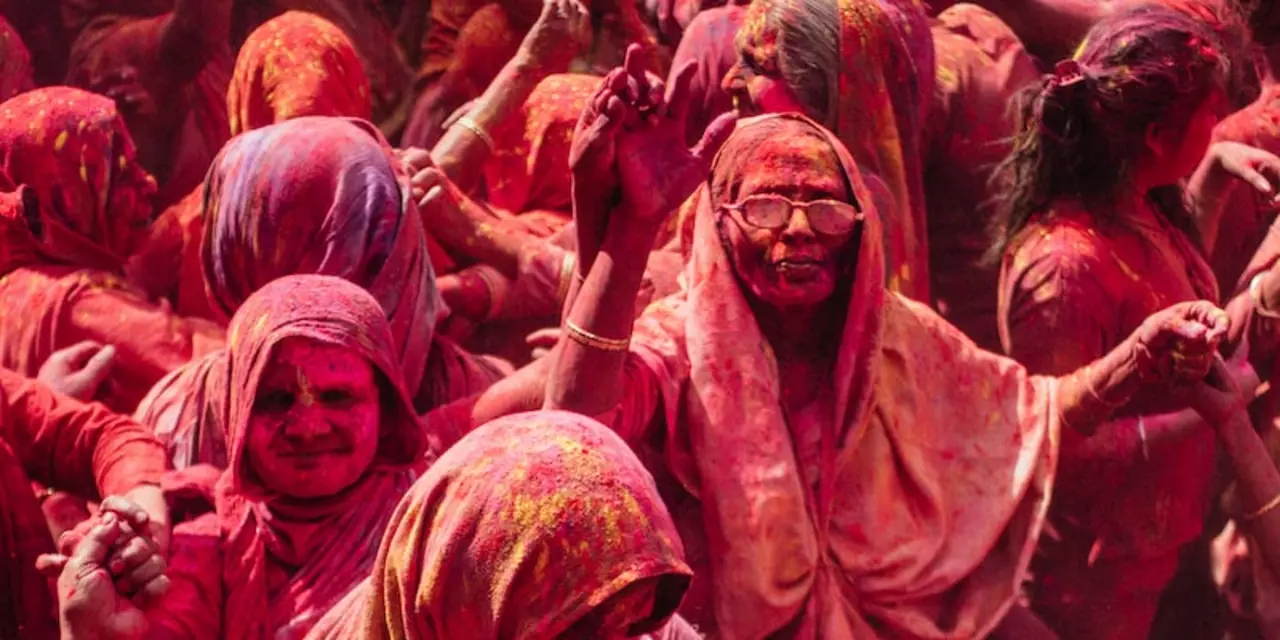Exploring the Selectivity of the Supreme Court of India: Examining the Precedents and Decisions
The Supreme Court of India is the highest court of the land, and its rulings are of paramount importance to the citizens of the country. As such, it is important to look at how the court is selective in its opinion, and how its decisions are shaped by the precedents and decisions it has made in the past.The Supreme Court of India has a unique way of determining its opinion, as it takes into account both the existing laws and the existing precedents. This means that the court can select which cases it will hear, and which it will not. It also takes a look at the circumstances surrounding a particular case, and the impact that a particular ruling could have on the nation as a whole.
The court is also selective in its opinion when it comes to the types of cases it hears. It is more likely to hear a case related to human rights or civil liberties than one related to taxation or corporate law. This is because the court is usually more concerned with protecting the rights of the citizens of India.
When it comes to the Supreme Court of India, the court is also selective in its opinion when it comes to deciding which cases to take up. In some cases, the court will choose to hear cases that involve matters of public importance, while in other cases, the court will only take up cases that they believe will have a direct impact on the citizens of India.
The Supreme Court of India is also selective in its opinion when it comes to the way in which it interprets the law. It is more likely to interpret the law strictly, and not give too much importance to the individual rights of the citizens. This means that the laws of the country are taken into account when deciding the outcome of a case.
The decisions and opinions of the Supreme Court of India are vital to the legal system of India, and the court is selective in its opinion in order to ensure that justice is served. By examining the precedents and decisions of the court, it is possible to gain a better understanding of how the court is selective in its opinion.
Understanding the Supreme Court of India: Analyzing Its Discriminatory Practices in Opinion Selection
The Supreme Court of India is the highest court of appeal in the country. This court is tasked with deciding the most contentious and important cases in the country and its decisions have often had a major impact on the social and political life of the Indian people. However, the court has come under intense scrutiny in recent years for its selective approach when it comes to deciding cases. This article will analyze the Supreme Court's discriminatory practices in opinion selection and how these practices contribute to the court's current reputation.The Supreme Court of India is an institution that is highly selective in its opinion selection process. This means that the court will only hear those cases that it believes are of the utmost importance to the country. This is a process that has been criticized by many, who argue that the court should be more open to hearing all types of cases, not just those that it deems to be of major importance. This has led to a perception that the court is biased towards certain interests, as well as a feeling that the court is not giving equal consideration to all cases.
Furthermore, the court's opinion selection process is also highly discriminatory in nature. This means that the court is more likely to hear cases that involve high-profile individuals or organizations that have an interest in the outcome of the case. This has led to accusations of the court being influenced by powerful groups, which can lead to decisions that are not in the best interest of the public.
It is also worth noting that the Supreme Court of India is selective in its opinion selection process in terms of the type of cases that it chooses to hear. For instance, the court may choose to hear certain types of cases that are more likely to be favorable to certain interests, while avoiding other cases that may be more critical of those interests. This has led to accusations of the court being partisan in its decision-making, as well as claims that the court is not giving equal consideration to all cases.
In conclusion, the Supreme Court of India is highly selective in its opinion selection process. This has led to accusations of the court being influenced by powerful interests, as well as a perception that the court is not giving equal consideration to all cases. As a result, it is essential that the court takes steps to ensure that its opinion selection process is fair and impartial, so as to ensure that justice is served and the interests of the public are taken into account.



